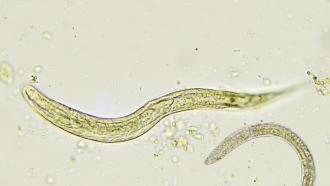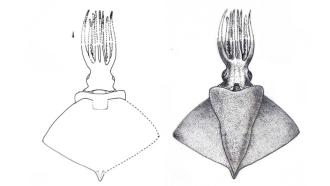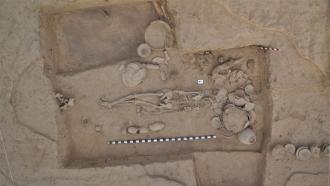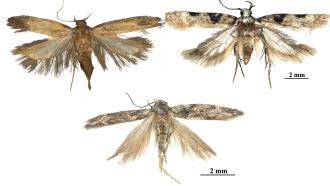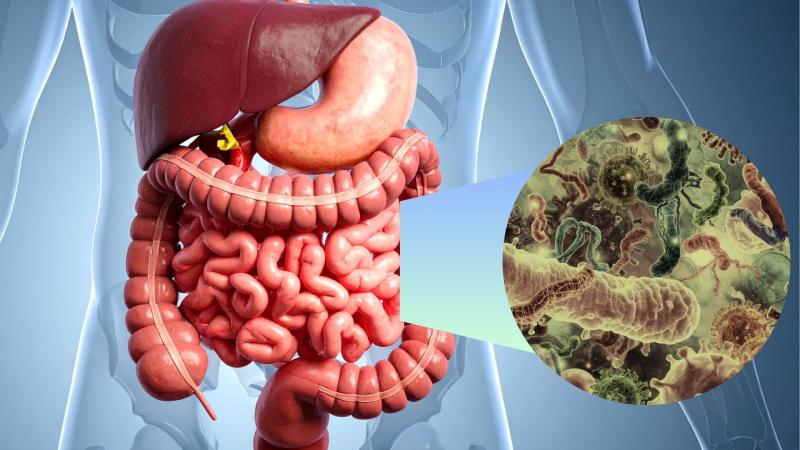
The teeming microbial world inside our guts, collectively known as the microbiome, plays a crucial role in maintaining an individual's overall health, from regulating inflammation to strengthening the intestinal barrier. Among the most celebrated products of this internal ecosystem are the short-chain fatty acids (SCFAs), namely, acetate, propionate, and butyrate. Sodium butyrate, in particular, is often lauded for its beneficial anti-inflammatory effects.
However, a surprising new study from researchers at the BRIC-National Institute of Immunology and the All India Institute of Medical Sciences, New Delhi, contradicts this narrative. It shows that, in mice, this lauded metabolite can sabotage the body’s ability to generate long-lasting, protective antibody responses against infection and potentially undermine vaccine efficacy.
The study identifies sodium butyrate as a potent negative regulator of Follicular T helper (Tfh) cells, inhibiting their development. Tfh cells are crucial components of the antibody-producing B cells and act as the master conductors of humoral (antibody-based) immunity. Effective humoral immunity, which protects us long-term after vaccination or infection, relies on Tfh cells to drive the formation of microscopic factories called germinal centres (GCs). It is within these GCs that the antibody-producing B cells are trained to produce highly potent, highly specific antibodies. The team wanted to find the effects of SCFAs on human immune cells in a laboratory setting (ex vivo). Their study showed that among the three major SCFAs, only sodium butyrate directly and significantly suppressed the development of functional Tfh cells.
To confirm the effect in a living system, the researchers gave mice drinking water containing sodium butyrate and then exposed them to either a standard vaccine shot or a virus infection. In the immunisation model with the vaccine shot, mice treated with sodium butyrate showed a dramatic and sustained decline in the production of primary protective antibodies (IgM and IgG). IgG levels at 28 days after vaccination were approximately 3-fold lower than in the control group. This suggested a fundamental compromise of the GC-derived antibody response and the body’s ability to build lasting antibody protection. Further analysis confirmed that the frequency of antigen-specific Tfh cells and the resulting GC B cells were significantly reduced in the sodium butyrate-treated mice, supporting the idea that the gut metabolite was systemically dampening down the immune response at its core.
To test the severity of this immune suppression, the team used a neurovirulent challenge model, subjecting the mice to Japanese encephalitis virus (JEV), an infection in which antibodies are known to play a critical protective role. While control mice remained protected, those drinking water containing sodium butyrate showed reduced protection and tragically succumbed to JEV infection within 2 weeks. Antibodies in the sodium butyrate-treated group were significantly lower early in the infection, and viral loads in the brain tissue were substantially higher. This again confirmed that the metabolite-mediated suppression of humoral immunity had effectively compromised the threshold for protective defence. A similar suppressive effect on Tfh responses and GC B cells was also observed in a respiratory influenza virus infection model, further underscoring the systemic and broad nature of sodium butyrate’s immune dampening.
Mechanistically, the team traced sodium butyrate’s unique suppressive power back to its well-known role as a histone deacetylase (HDAC) inhibitor. Histone deacetylases are enzymes that regulate gene expression, and inhibiting them can alter the genetic programming of T cells. As expected, when the researchers checked, Tfh cells treated with sodium butyrate showed substantially lower HDAC activity. Notably, treatment with the HDAC inhibitor alone was sufficient to recapitulate the suppression of Tfh differentiation, strongly suggesting that this inhibition is the key pathway driving sodium butyrate’s immunosuppressive effects on Tfh cells.
“This work shows that butyrate can compromise vaccine-induced protection and natural immunity against virus infections. Thus, it underscores the importance of understanding host–microbiome interactions in the context of vaccines and protection against viruses,” remark the authors about the findings of the study.
While previous studies had shown a general effect of SCFAs on immune cells and inflammation, this research provides a precise, mechanistic link, demonstrating that sodium butyrate selectively suppresses the critical early phase of Tfh development, the cells needed to kick-start robust antibody production. The finding that its close relatives, sodium acetate and sodium propionate, had no significant effect on Tfh cells further highlights the unique role of sodium butyrate in this context, underscoring that not all SCFAs act uniformly.
While the study points to HDAC inhibition as the primary mechanism, the precise molecular pathways remain complex and are not yet fully understood. For instance, the scientists noted that an agonist of the GPR41 receptor, one of the receptors used by SCFAs, could unexpectedly counteract the suppressive effect of sodium butyrate, suggesting intricate, pathway-specific regulation that warrants further in-depth investigation using cell-targeted models.
By establishing sodium butyrate as a negative regulator of protective immunity, the research highlights a critical interplay between gut microbial metabolites and vaccine efficacy. Understanding how the microbiome regulates Tfh responses during immunisation is essential for optimising vaccine strategies. The study could lead to dietary or therapeutic interventions that can enhance the immune response in those with compromised gut health. Conversely, the newly established mechanism of butyrate-mediated suppression of humoral responses could also be therapeutically harnessed.
This article was written with the help of generative AI and edited by an editor at Research Matters.

